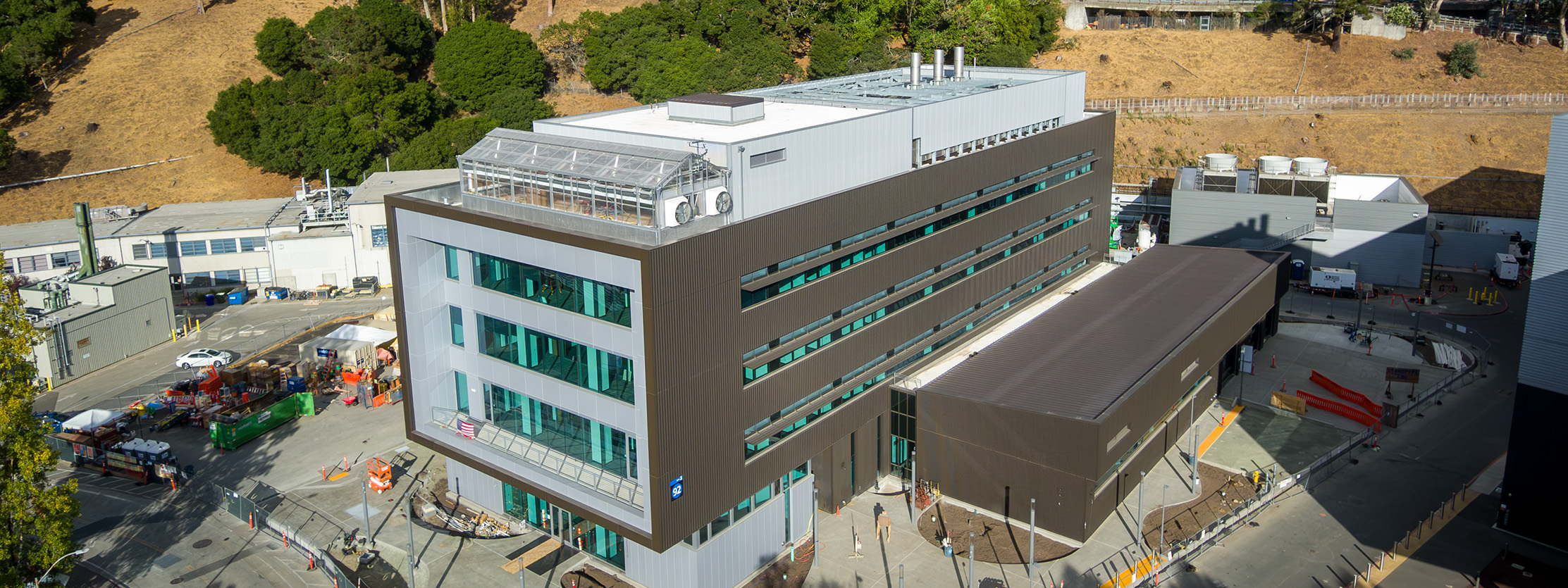BioEPIC brings together scientists to uncover how Earth’s most abundant life forms—microbes and plants—shape and are shaped by their environments, driving breakthroughs in subsurface science, biofuels, and remediation to tackle critical challenges in water, environment, and energy.



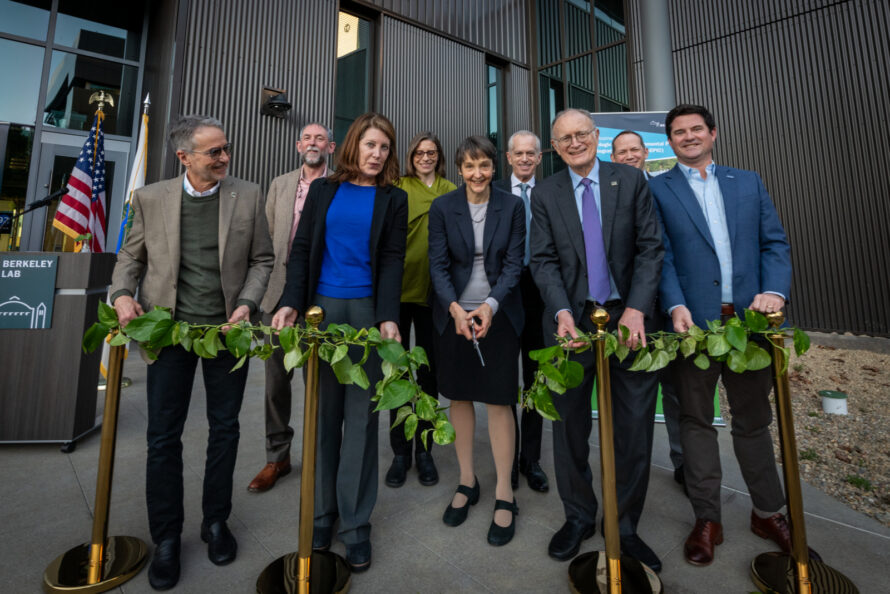
BioEPIC opened its doors to occupants in early 2025. Scientists representing multiple disciplines are working side by side in the building to study microbial communities and how they influence and are influenced by the environment, across time and space.
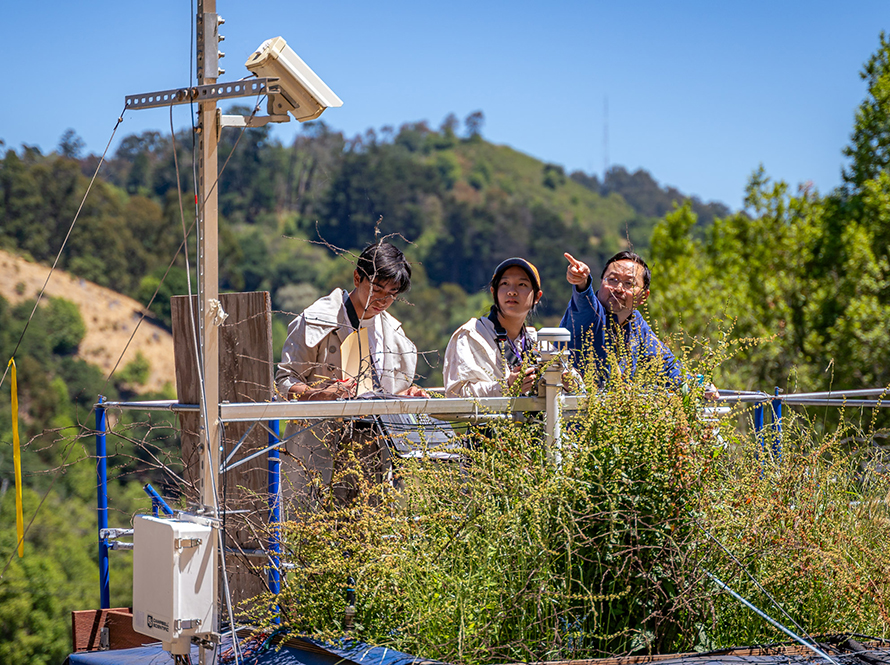
Scientists leverage next-generation research tools and computing infrastructure to study key environmental factors and biological functioning. BioEPIC enables access to technologies capable of measuring plant and microbe activity in the lab and field, visualizing lab and field samples at the cellular level, and simulating in-lab activity relevant to field locations.
Managing Microbes for More Resilient Plants
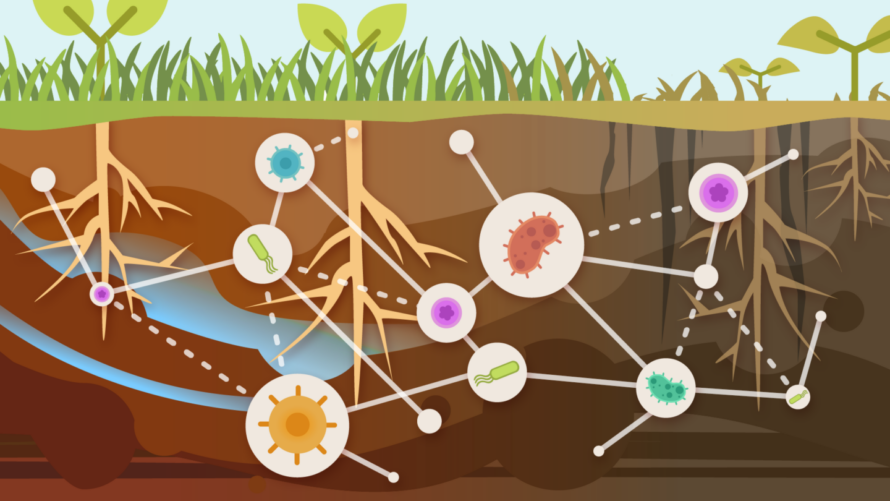
EcoFABs Could Help Fuel AI in Agriculture
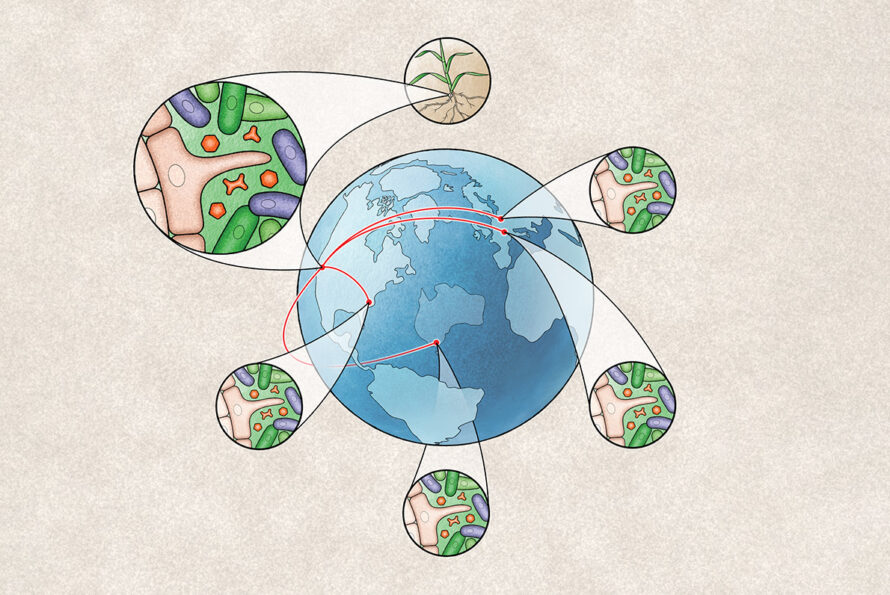
Examining the Role of Bacteria in Produced Water Treatment

